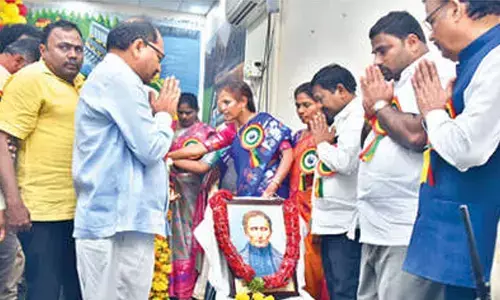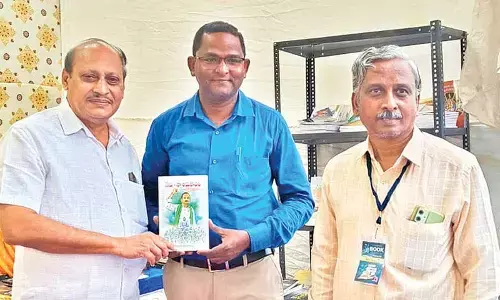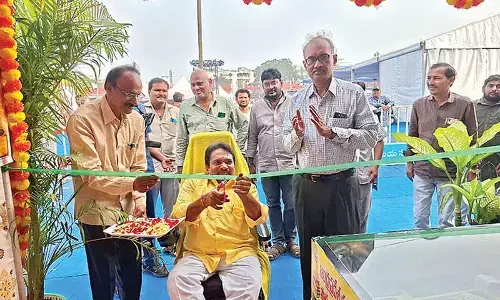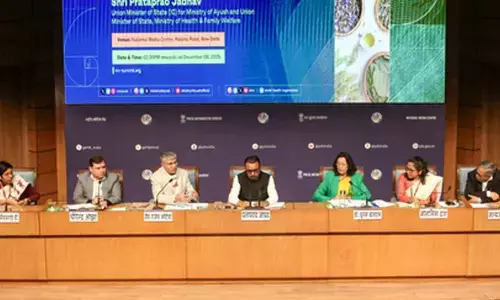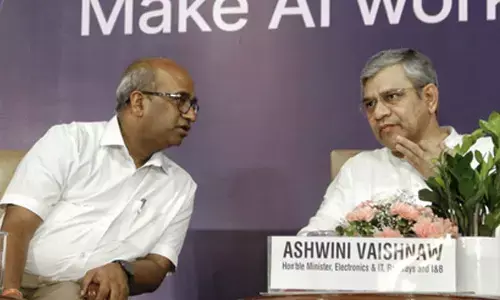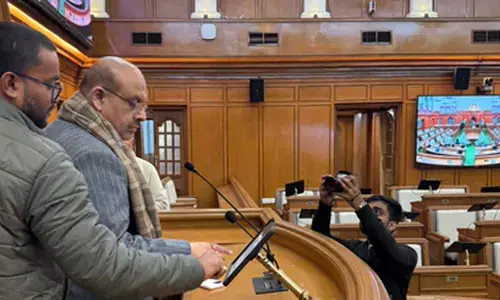Bengaluru turning diabetic capital of India: Report

Bengaluru turning diabetic capital of India
Diabetes prevalence has increased by 64 per cent across India over the quarter-century, according to a November 2017 report by the Indian Council for Medical Research, Institute for Health Metrics and Evaluation, both research institutes, and the Public Health Foundation of India.
Bengaluru: Diabetes prevalence has increased by 64 per cent across India over the quarter-century, according to a November 2017 report by the Indian Council for Medical Research, Institute for Health Metrics and Evaluation, both research institutes, and the Public Health Foundation of India. A data analysis by diagnostic chain Metropolis Healthcare, one of the largest chains of pathology labs in India proves that Bengaluru is fast becoming the diabetes capital of the country.
Out of the total of 2,36,381samples tested for diabetes from January 2019 to August 2020 in the Metropolis Healthcare lab, as many as 18 per cent were found to be suffering from poorly controlled diabetes.
The incidence of poorly controlled diabetes was found to be the highest (17 per cent of the sample) in the age group of 30-40 years, followed by 40-50 years (about 16 per cent) and 20-30 years (16 per cent).
Inactivity and the excessive consumption of high-calorie foods, increase diabetes risk factors. For this reason, diabetes is often classed as a 'lifestyle disease' and is found in higher numbers among the young age group of 20-30. As per reports, 72 million cases of diabetes were recorded in 2017.
With easy and wider availability of fast food which is relatively cheaper and most preferred among the office-goers, the figure is expected to double by the year 2025.
The incidence was the lowest in the age group 80 years and above (8 per cent), but increased steadily to peak in the age group of 30-40 years.
Men are more prone to diabetes, as the survey showed that 25 per cent of all males tested were found to suffer from unsatisfactorily controlled diabetes compared to 23 per cent for females.
Out of the samples tested at the company's Bengaluru laboratory, almost 25 per cent were found to have unsatisfactory controlled in the diabetic stage in the age group of 40-80, while almost 80,000 samples tested showed as non-diabetic.
Commenting on the study, Dr Ravi Kumar, Chief of Laboratory, Metropolis Healthcare Ltd said, "Diabetes strikes Indians a decade earlier than the world. It is a growing challenge in India with an estimated 8.7 per cent diabetic population in the age group of 20 and 70 years. The rising prevalence of diabetes and other non-communicable diseases is driven by a combination of factors - rapid urbanisation, sedentary lifestyles, unhealthy diets, uncontrolled use of alcohol and tobacco. Lifestyle interventions (sleep, exercise and diet modifications) along with regular monitoring is a must for diabetes management."








